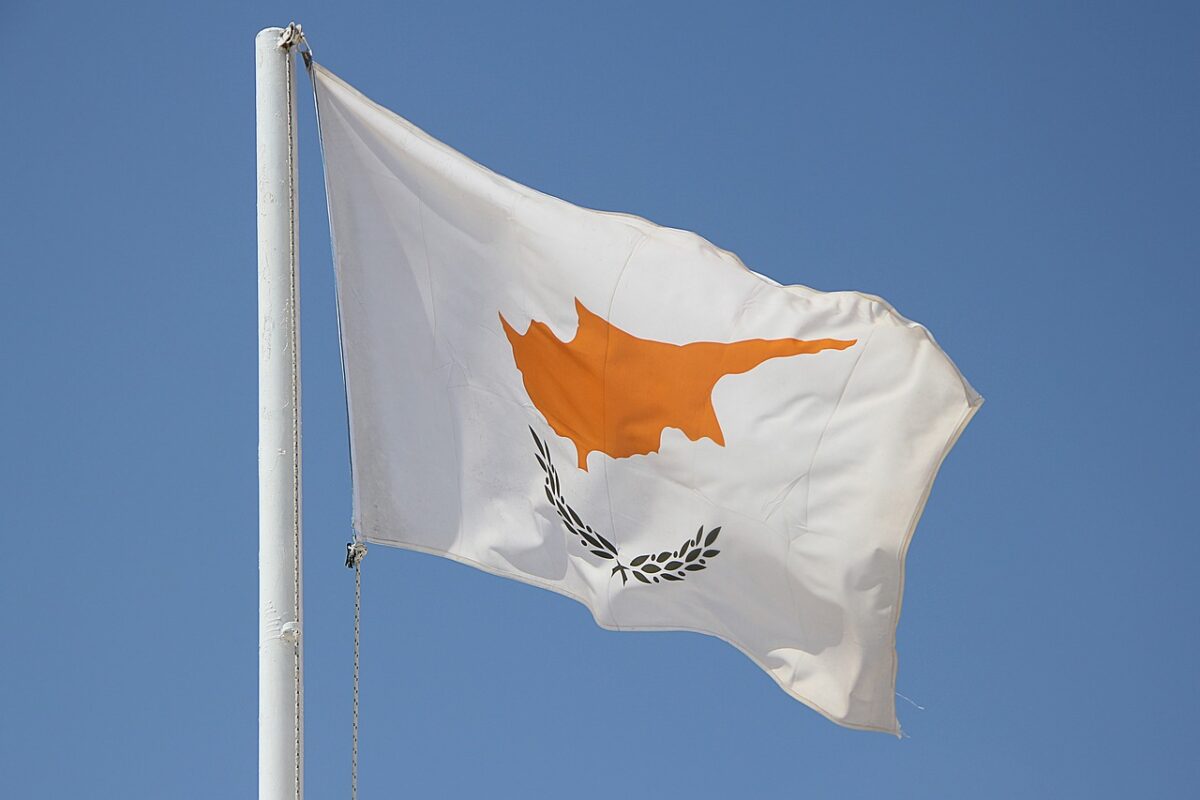The TSOC said that the curtailment of renewable energy in Cyprus is necessary to guarantee the stability of the electricity network, given the strong uptake of solar, the scarcity of installed energy storage capacity on the island, and the lack of electricity interconnections with neighboring countries.
pv magazine has presented the pressing issue of Cyprus’ renewable power curtailments before, but curtailments are expected to reach unprecedented levels in the coming year.
The TSOC said it expects the island's annual curtailments to reach 28% of all generated green electricity in 2024. Curtailments in March, April and May could reach 59%, 79% and 51%, respectively, said the TSOC. Curtailments from July to September, when the country becomes a popular tourist destination and demand for air-conditioning rises, are predicted to range from just 0% to 5%.
The TSOC said that these predictions apply solely to renewable power facilities monitored by the country's transmission and distribution networks via SCADA systems. This includes wind farms and about 47% of the island’s PV capacity. However, if it accounts for all solar power generation, including unmonitored solar energy, curtailments in 2024 could decrease to around 13%, said the TSOC.
Renewable energy expert Dr. Andreas Procopiou told pv magazine that small residential and commercial solar PV installations are not typically monitored through the network operators' SCADA systems. In situations characterized by significant imbalances between generation and demand, network operators can resort to alternative control methods such as ripple control.
This gives them the flexibility to exert a distinct level of management over smaller installations, and the option to disconnect them from the network if necessary. Currently, the curtailment challenge in Cyprus mainly affects large solar plants, with no provision for financial compensation for the curtailed generation.
Procopiou said that “the country’s grid operators curtailed about 3.3% and 13.4% of the annual generated green energy in 2022 and 2023 respectively.” This only concerns the energy from the units that are monitored by the network operators. The TSOC is now anticipating that this figure will jump up to 28% in 2024.
“This cannot be a sustainable situation for renewable energy investors,” said Procopiou.
The main lesson for policymakers is that Cyprus urgently needs energy storage, he added.
“Cyprus covered about 20% of its electricity needs in 2023 via renewables,” said Procopiou. “We won’t be able to decarbonise our energy system further unless we embrace energy storage and new, smart ways of operating our networks.”
But the devil is in the details, he said.
“The country’s electricity market does not have an open, liberalised structure and is still a reflection of the past. The government should open the electricity market, including energy storage, to competition,” explained Procopiou. “Only the new technologies coupled with market competitive can offer Cyprus the solutions it needs.”
This content is protected by copyright and may not be reused. If you want to cooperate with us and would like to reuse some of our content, please contact: editors@pv-magazine.com.



There are two solutions:
1. Build HVDC links to Greece and Israel or Egypt.
2. Switch over to Electric Vehicles. These can be charged when renewables are delivering, and almost any EV can get from one end of the island to the other on a charge.
To: ILIAS TSAGAS
Very interesting
A. Your article mentioned energy storage. I assume you are referring to Battery Energy Storage Systems (BESS)
B. Implementing a HVDC link is to Greece, Israel Egypt is certainly possible. Would Cyprus import Solar power from these countries?
I operate in the renewable energy space and am well versed in PV Solar, BESS and am involved in such projects including HVDC. I would be interested to know more about the above points A and B.
Can Cyprus’s Transmission grid cope with the demand for additional connections of renewables? I assume that this will need to be address by Cyprus power authority.
Who would be the contact person to discuss renewables in Cyprus regarding engineering, supply and install, test and commission.